- Details
- Category: Senator Adriane Johnson News
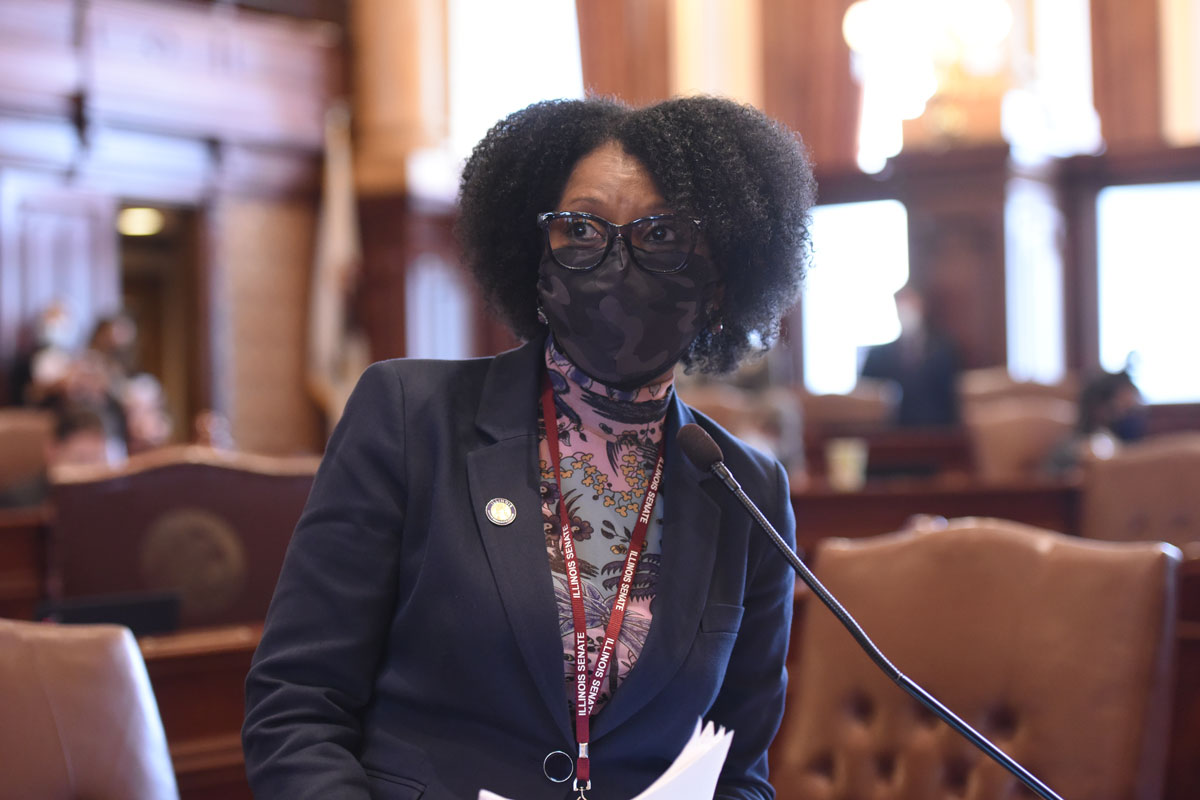 SPRINGFIELD – Illinois homeowners can more quickly, easily and affordably remove racist language from their property deeds under a new law sponsored by State Senator Adriane Johnson (D-Buffalo Grove).
SPRINGFIELD – Illinois homeowners can more quickly, easily and affordably remove racist language from their property deeds under a new law sponsored by State Senator Adriane Johnson (D-Buffalo Grove).
“Racial covenants have held back Black and Brown families for generations, and many residents may not even be aware that the language still lingers in their property deeds,” Johnson said. “Homeowners shouldn’t have to jump through hoops to strike such harmful and antiquated provisions from their property records.”
- Details
- Category: Senator Linda Holmes News
 SPRINGFIELD – An animal abuser has no place in a home with animals. State Senator Linda Holmes’ (D-Aurora) House Bill 168 has been signed into law by the governor, allowing a court to prohibit an animal abuser from owning or living with others who own animals.
SPRINGFIELD – An animal abuser has no place in a home with animals. State Senator Linda Holmes’ (D-Aurora) House Bill 168 has been signed into law by the governor, allowing a court to prohibit an animal abuser from owning or living with others who own animals.
“Anyone convicted of felony offenses like torture, mutilation and animal fighting should have no privilege to own or live with an animal for a reasonable period of time,” Holmes said. “Just as some people who are domestic violence perpetrators continue their behavior, animal abusers may have multiple offenses. No animal should be subjected to this cruelty.”
- Details
- Category: Senator John Connor News

SPRINGFIELD – A new law sponsored by State Senator John Connor (D-Lockport) will help prevent potentially fatal accidents by increasing training requirements for private detectives and private security guards who want to carry firearms.
“Private detectives and security guards who want to carry guns need to be properly trained,” Connor said. “They need to know when and how it is appropriate to use deadly force.”
Existing law required security guards to complete 40 hours of basic training to be licensed as private security contractors. Guards employed by corporations were able to carry weapons without completing the required training if the corporation they work for employs five or less armed guards. The new law would require all armed employees to complete the training and creates even more stringent training requirements for private detectives and private security contractors.
- Details
- Category: Senator Ann Gillespie News

ARLINGTON HEIGHTS – To ensure that tax increment financing (TIF) dollars are used responsibly, a plan introduced by State Senator Ann Gillespie (D-Arlington Heights) that expands required reporting by municipalities to the Illinois Comptroller was signed into law.
“Taxpayers deserve to know exactly how TIF developments could affect their property taxes,” Gillespie said. “Our plan will keep developers and local governments honest, and create a transparent process that shows residents whether goals are being met.”
TIF districts are a tool used by municipal governments to stimulate economic development in targeted areas. The new law requires more consistent, measurable data on the success of the TIF project by expanding what local governments must report annually to the Comptroller’s Office. Expanded reporting requirements include projected and actual job creation, and projected and actual increment. The legislation also requires the report to be verified by a neutral third party.
Read more: Gillespie TIF transparency measure signed into law
- Details
- Category: Senator Sara Feigenholtz News
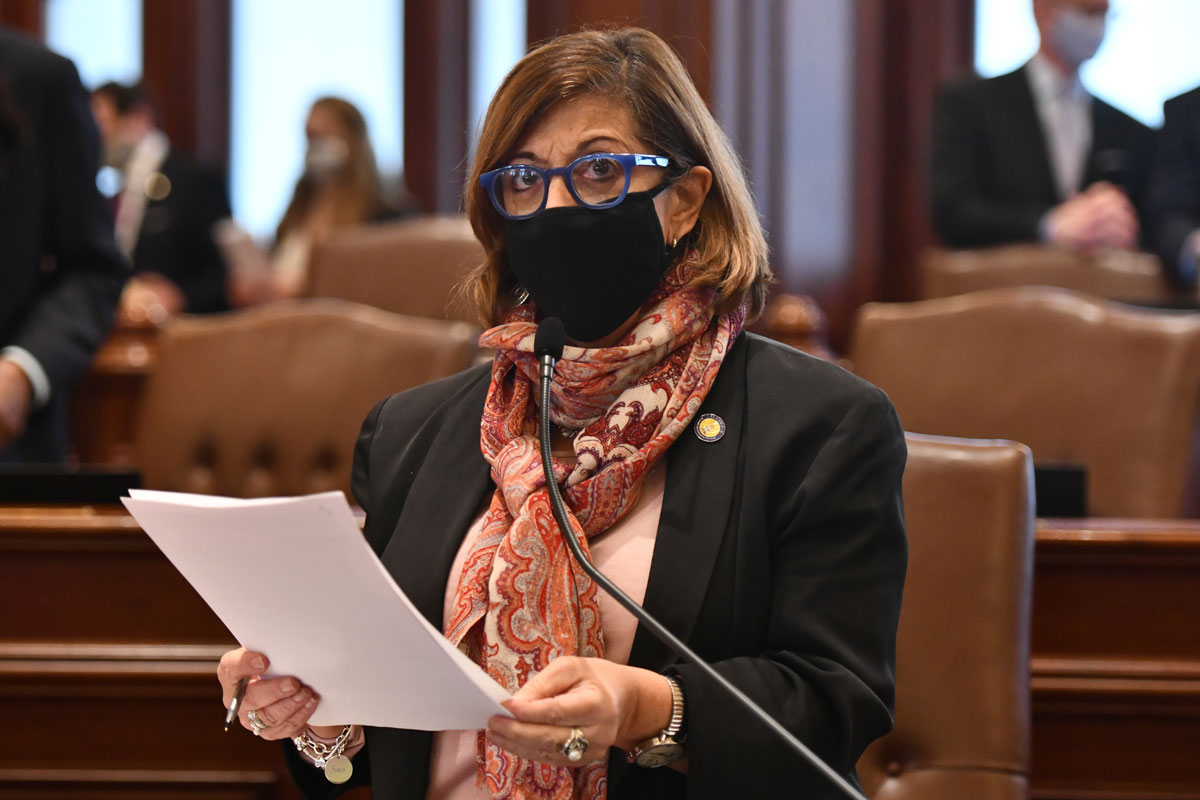 SPRINGFIELD – A new law sponsored by State Senator Sara Feigenholtz (D-Chicago) will help streamline the adoption process in Illinois.
SPRINGFIELD – A new law sponsored by State Senator Sara Feigenholtz (D-Chicago) will help streamline the adoption process in Illinois.
“Prospective parents waiting to adopt have shared their challenges in the adoption process,” Feigenholtz said. “This legislation will ease some of these challenges and streamline the process while protecting the best interest of the child. Bringing a child into a loving home through the process of adoption should be a blessed experience.”
Read more: Feigenholtz law aims to streamline adoption process
- Details
- Category: Senator John Connor News

SPRINGFIELD – Veterans and civilians in Illinois as well as older adults will be eligible for homestead exemptions without having to reapply thanks to legislation sponsored by State Senator John Connor that was signed into law Friday.
“By not requiring members of these already at-risk populations to reapply for this important tax exemption, we are helping to keep them safe from COVID-19 and other dangerous and communicable illnesses,” Connor said. “When we help keep people at home, we help keep people safe.”
Homestead exemptions can be approved for people with disabilities, veterans with disabilities and older adults without new applications under House Bill 3289. Any property that was approved for the exemption in tax year 2019 will qualify, provided that the county the property is in is declared a disaster area related to the COVID-19 pandemic.
- Details
- Category: Senator Mattie Hunter News
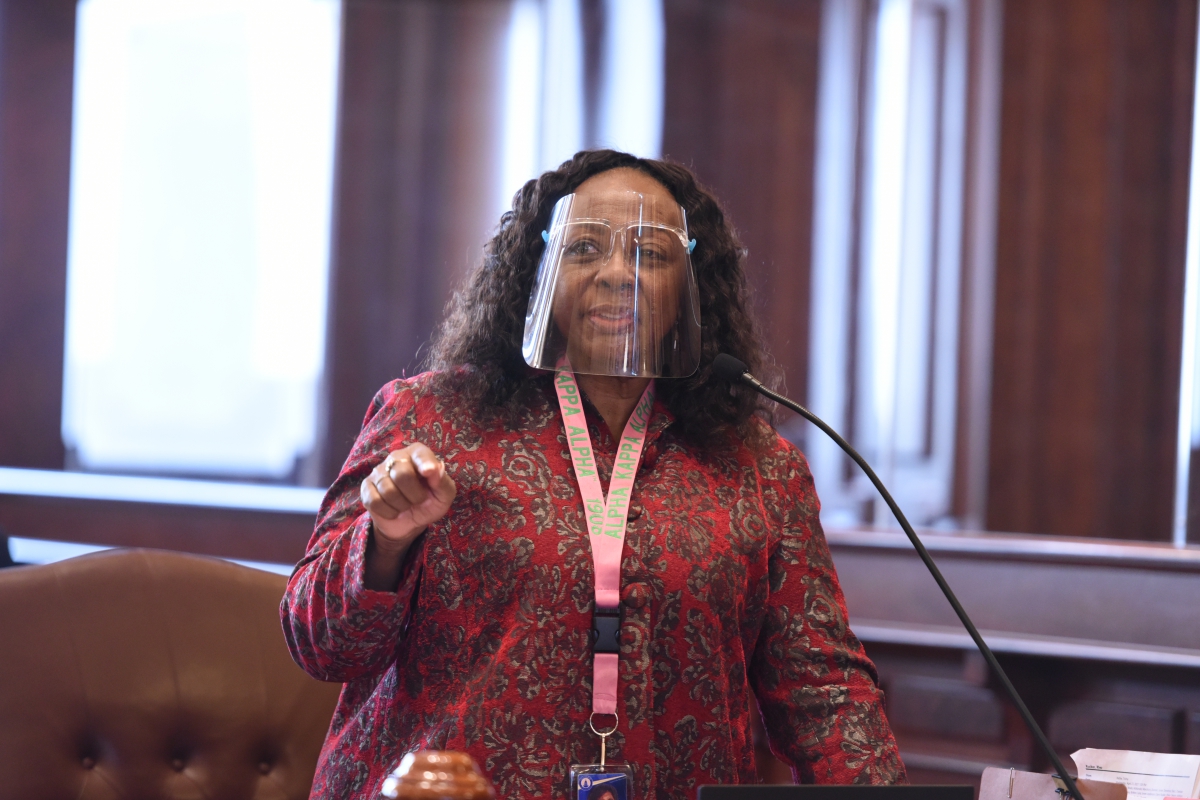
“Though this disease is rare, it is crucial that we are more knowledgeable about it and how it affects our bodies,” Hunter said. “Sarcoidosis can sometimes lead to death and therefore must be taken seriously.”
House Bill 590 dedicates each April to promote the awareness of Sarcoidosis disease and treatment.
According to the Department of Public Health, Sarcoidosis often occurs in adults between 20 - 40 years of age, with women being diagnosed more frequently than men.
The disease is at least 10 times more common in African-Americans than in caucasians. People of Scandinavian, German, Irish, or Puerto Rican origin are also more prone to the disease.
The exact cause of sarcoidosis is not known. Some researchers and health care professionals believe it maybe a type of autoimmune disease associated with an abnormal immune response, but what triggers this response remains uncertain.
“It is important to be in tune with your body and always put your health first,” Hunter said. “Symptoms can range from mood swings to high blood pressure. Health professionals recommend that those who are diagnosed with Sarcoidosis have frequent checkups to monitor the illness and adjust treatment if necessary.”
This measure goes into effect in January 2022.
- Details
- Category: Senator Suzy Glowiak Hilton News
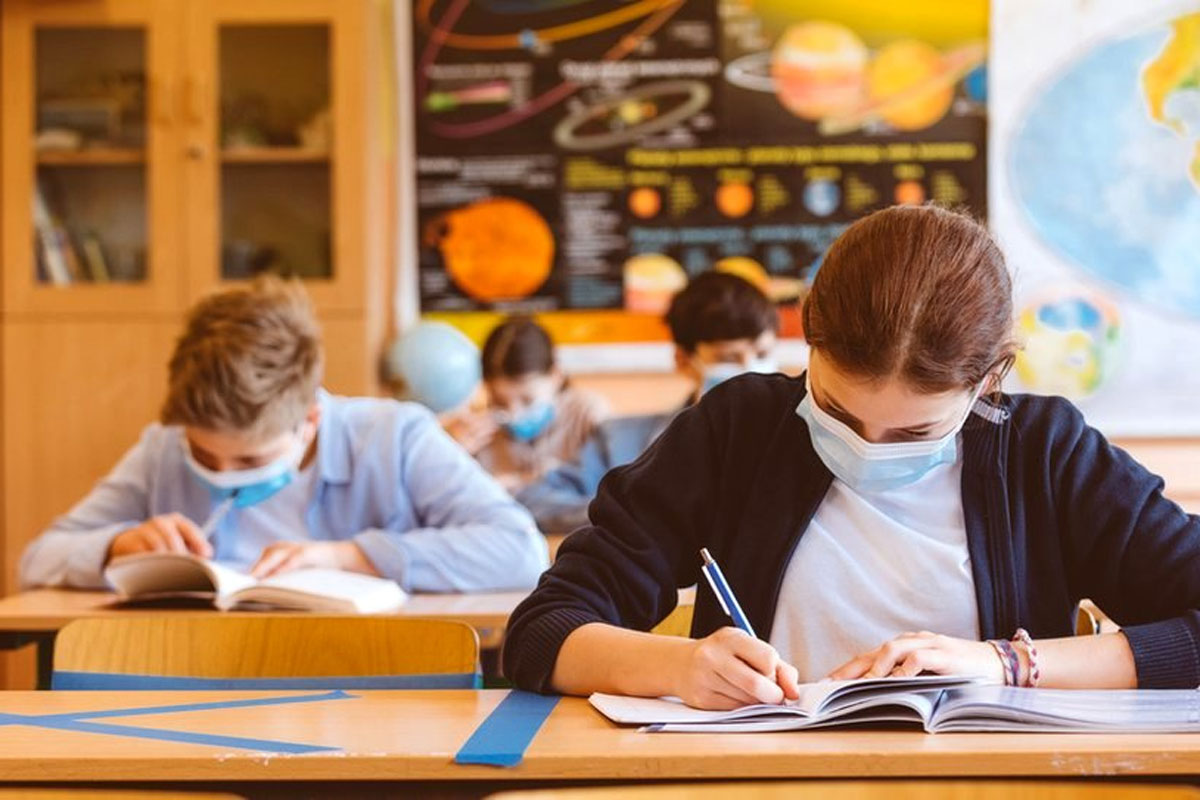
OAKBROOK TERRACE – After passing the General Assembly with strong bipartisan support, a new law sponsored by State Senator Suzy Glowiak Hilton (D-Western Springs) will improve student access to mental health education and resources by allowing partnerships between state agencies.
“As our schools recover from numerous pandemic-related challenges, our state must prioritize our students’ well-being,” Glowiak Hilton said. “To ensure children are receiving the best mental health services at school, this proposal allows two key state agencies to work together to improve prevention and treatment resources.”
An initiative of the Illinois State Board of Education, Glowiak Hilton’s law allows board officials to collaborate with the Illinois Children’s Mental Health Partnership (ICMHP) to give students access to a wider range of mental health resources at school.
Read more: Glowiak Hilton law ensures quality mental health resources for students
More Articles …
Page 433 of 762







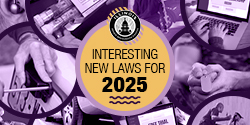





 © 2026 Illinois Senate Democratic Caucus
© 2026 Illinois Senate Democratic Caucus